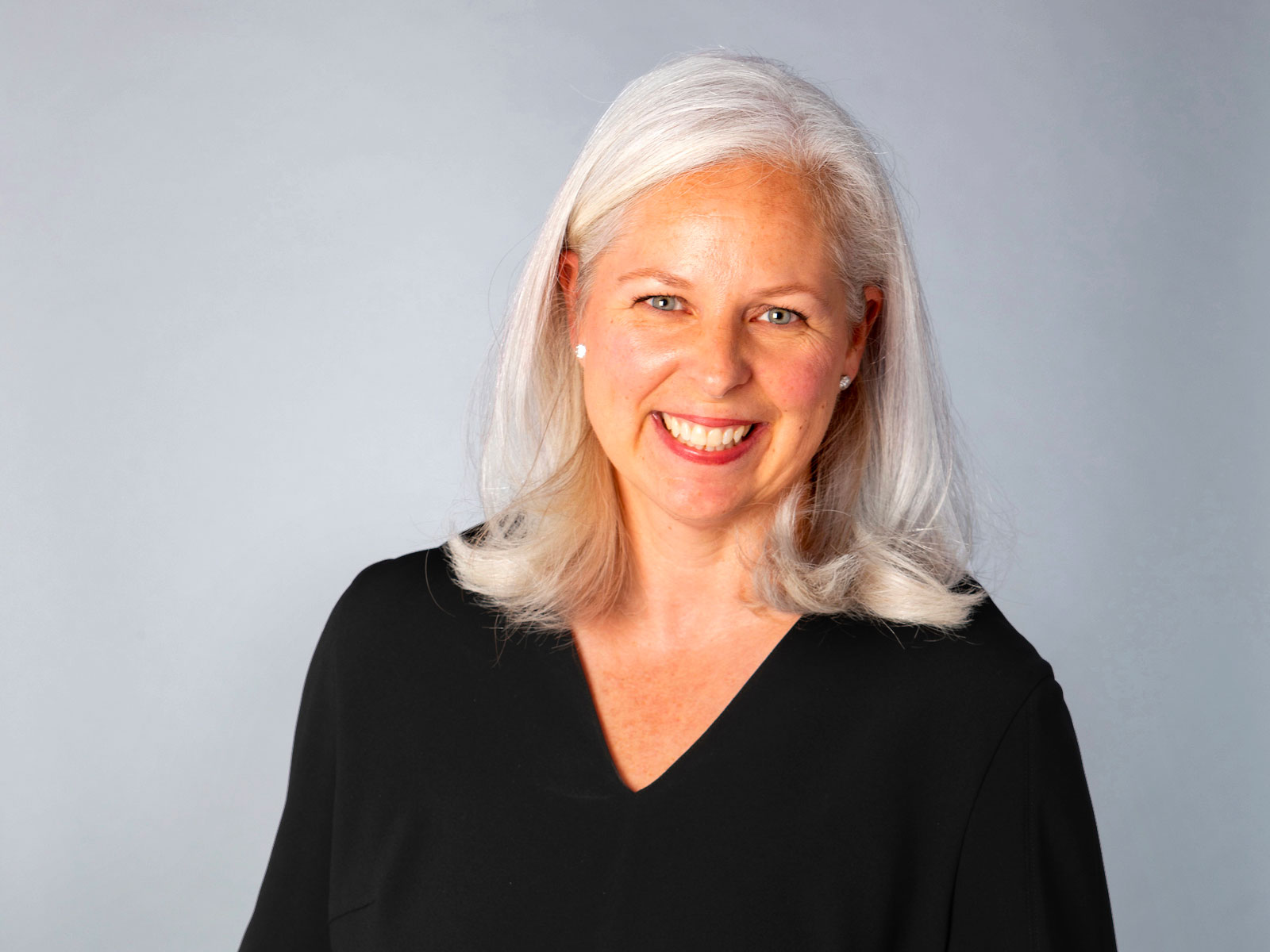Before Blaming Your Workplace, Look in the Mirror and Make Sure You’re Not the Problem
DAILY BUSINESS REVIEW – February 21, 2022 BY MINDY MCILROY
When anyone blames their workplace environment for getting in the way of their success, I often ask them to consider a possibility that most people have a hard time suggesting: “Look in the mirror first and make sure you’re not being your own worst enemy.” It’s always easier to go the politically correct route of automatically agreeing with anyone seeking to cry on our shoulders as they blame others for their career issues, but the fact is, there’s a likelihood that this approach may be doing them a huge disservice.
While there is no doubt that there are occasions when the environment does get in the way, and some women and men suffer all sorts of serious discrimination, bias and workplace challenges, a lot has already been written about those cases. This article is not related to those cases. Specifically, I want to share my personal experience and insights on the countless other cases that are reported on less frequently, a good number of which I’ve personally witnessed firsthand throughout my career. I’m speaking about perfectly qualified people who, for a variety of reasons, are the only thing standing in the way of their own progress and they blame others rather than look within themselves.
My life’s experience is a great case in point. I started my real estate career as the executive assistant to a man revered as one of the commercial real estate industry’s smartest and toughest businessmen. By virtue of my hard work, determination and desire to learn and grow professionally, I received multiple promotions over the years and today lead his company, which today has a $1 billion investment portfolio.
In my experience overseeing all day-to-day operations for Terranova’s diverse retail portfolio and personally completing over $1 billion in retail leasing transactions, and most recently as the company has transitioned to become an opportunistic alternative investment firm in dynamic industries as life sciences, technology, health care, petroleum and agriculture, I have seen and learned a lot. Most notably, I have acquired an in-depth understanding of how the attitudes we choose can determine our destinies. One person can walk into a room and dominate the room, while another similarly situated person can feel threatened and uncomfortable in that room. I am passionate about this topic out of my desire to help mentor and guide people, since there are so many good people not living at their full potential and not aware of the cause of the problem or how to fix it.
So, how did I achieve my leadership role? It wasn’t luck, and no one sprinkled magic dust on me. It was hard work, perseverance, grit, and focusing on the goal without getting emotional about any deal. It was about having poise under pressure and being ready to stand my ground, articulate my points and, when necessary, respectfully contradict even the most intimidating of personalities. And, notably, these allegedly tough executives usually ended up agreeing with me.
It’s unfortunate that today’s litigious workplace environment has made people so overly sensitive to these issues that discussing these topics can make us targets for allegations of everything from insensitivity to discrimination. Yet, despite the risk of all this, I will share some guidance that has taken me a lifetime to learn:
- Find a good mentor. In my career, I’ve been fortunate to count on mentors such as Terranova’s CEO Stephen Bittel, as well as my predecessors Trish Blasi and Beth Azor, who were both Terranova presidents. Find a mentor who’s a warrior—someone who keeps it real, motivates you, and doesn’t only say what you want to hear. A good mentor will “say bad stuff to your face, and good stuff behind your back.” A good mentor will have proven ability to survive and thrive in the same corporate environments in which you are seeking to play.
- Focus on the solution, not the problem. I don’t even like to use the word “problem,” because in my view, it’s just a “situation telling us what to do next.” Behind any obstacle there are opportunities, and it’s wise to take on the mindset of a hunter, focused on finding and seizing the bright spots in any environment.
- Pay it forward. Whatever you are doing, whether you’re answering the phone or entering an elevator, make sure to understand who you’re dealing with, and what you can do to help them. Never hesitate to help anyone around you. I’ve found that life takes unexpected twists and turns, and people always give preferential treatment to those who always treated them well even from the infancy of their careers. This has always been a strong part of Terranova’s DNA, with Stephen leading by example by generously donating his personal time, talents and treasure to help our team and community.
- Have the right mindset. As someone living with a disability (Parkinson’s), I know firsthand that mindset is everything. There are many days when I could have chosen to stay in bed with a victim mentality, feeling sorry for myself and blaming the world. Yet, I rose to the occasion and never let my condition stop me from getting stuff done. Indeed, the lens through which we choose to see the world determines our ability to properly identify and seize opportunities before us. Therefore, choose your lens carefully because it will determine your destiny. This also applies to your workplace in general—I’ve seen some people succeed in the same workplace that others have claimed was toxic. It’s the reason some people can work extremely well with one person, while others find that same person difficult or impossible to work with. It’s important to be comfortable feeling uncomfortable, because the road to personal growth and success requires it. Oftentimes, we have adverse reactions to people as a result of our own fears and insecurities, and in those cases, avoiding those situations we cause us to miss out on learning valuable lessons. Rather than run from situations that scare us, we should ask ourselves why we are having those reactions, and then run toward them and face them. Many times, that’s exactly where the best opportunities for growth and success are awaiting us!
- Read! Stay on top of your industry’s trends but also read things that challenge and inspire you personally. Choose your reading carefully though. I’ve found many so-called self-help books come from a victim mentality and can do more harm than good. Never been a fan of phrases like “Girl Power,” which I find silly since we shouldn’t need to remind anyone that we are powerful or that our power is related to our gender. Focus on books that remind you of all the power you have to shape and determine your future. I’ve always appreciated practical business books like ”First, Break all the Rules,” and more recently, enjoyed reading “Untamed.”
- Don’t take anything personally! The less emotion we have in business, the better. In fact, in any confrontation or negotiation, the most emotional party tends to lose. Leave your ego at the door and focus on working collaboratively to get the job done. If you haven’t already, you must read “The Four Agreements!”
- Come from passion, not fear. When we come from passion, we are tapping into our highest energy vibration, and we are focusing our efforts on achieving our goals rather than protecting ourselves from imaginary demons. I often compare it to riding a bike—keep your gaze fixed steadily on the path where you “do” want to go rather than on the obstacles or distractions along the road. If you stare at the obstacles, you’ll steer your bike straight into them!
- Be ready for confrontation. Confrontations are often necessary to get to the next stage of any relationship. It’s never comfortable or pleasant, but you have to do it. Get comfortable being uncomfortable and facing tough conversations from a place of faith that everything will work out as it should, since you are doing your best and coming from a place of power rather than weakness.
Again, I’m not suggesting that anyone should ignore situations of legitimate discrimination or wrongdoing. I’m merely suggesting that we always ask ourselves, before drawing any conclusions, whether we are seeing things through a clear lens and not mischaracterizing situations or missing opportunities due to our own limiting beliefs. Indeed, when we operate from a place of power rather than fear, and when we respond rather than react, we put ourselves in the best position to achieve our goals.


